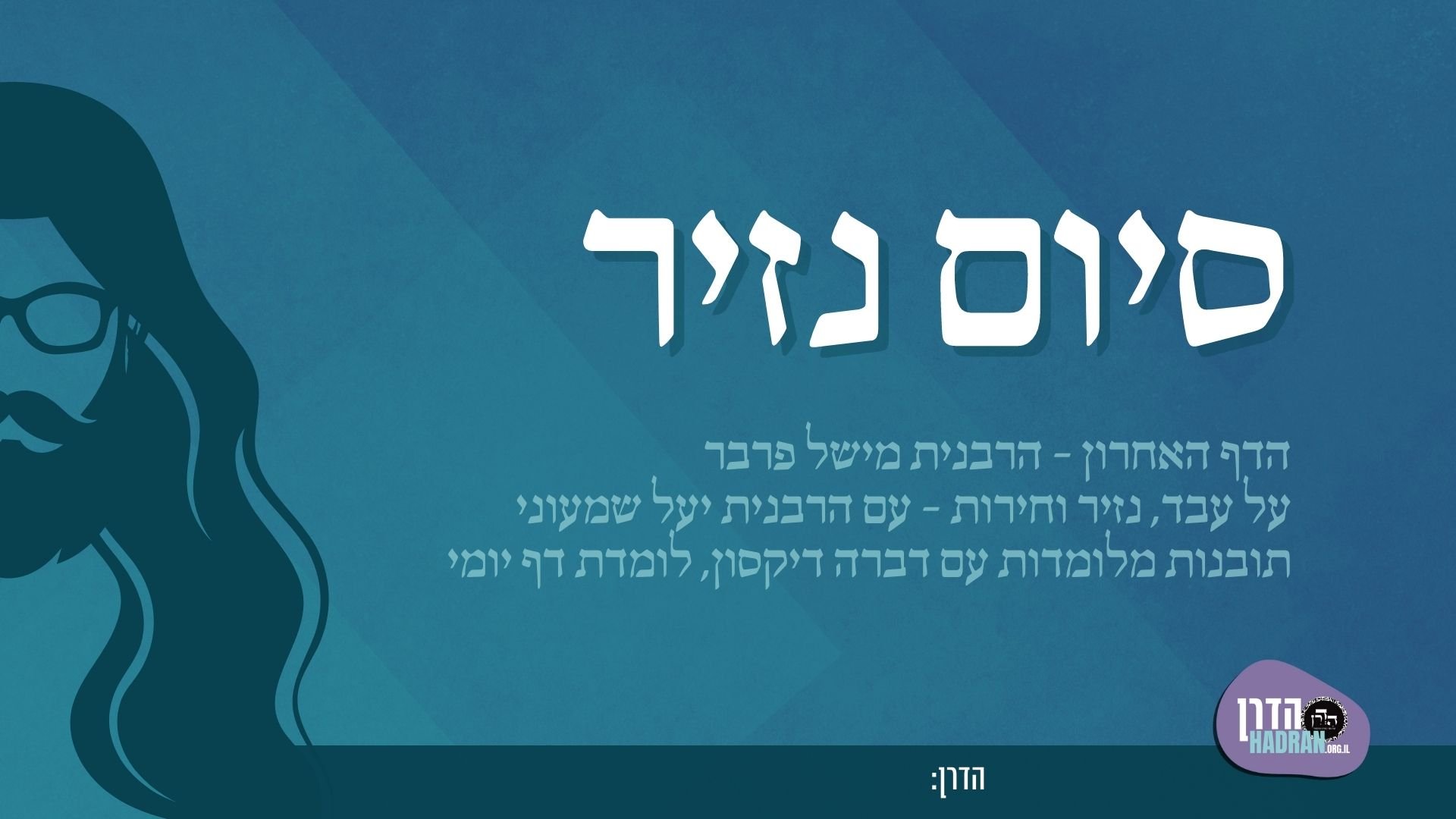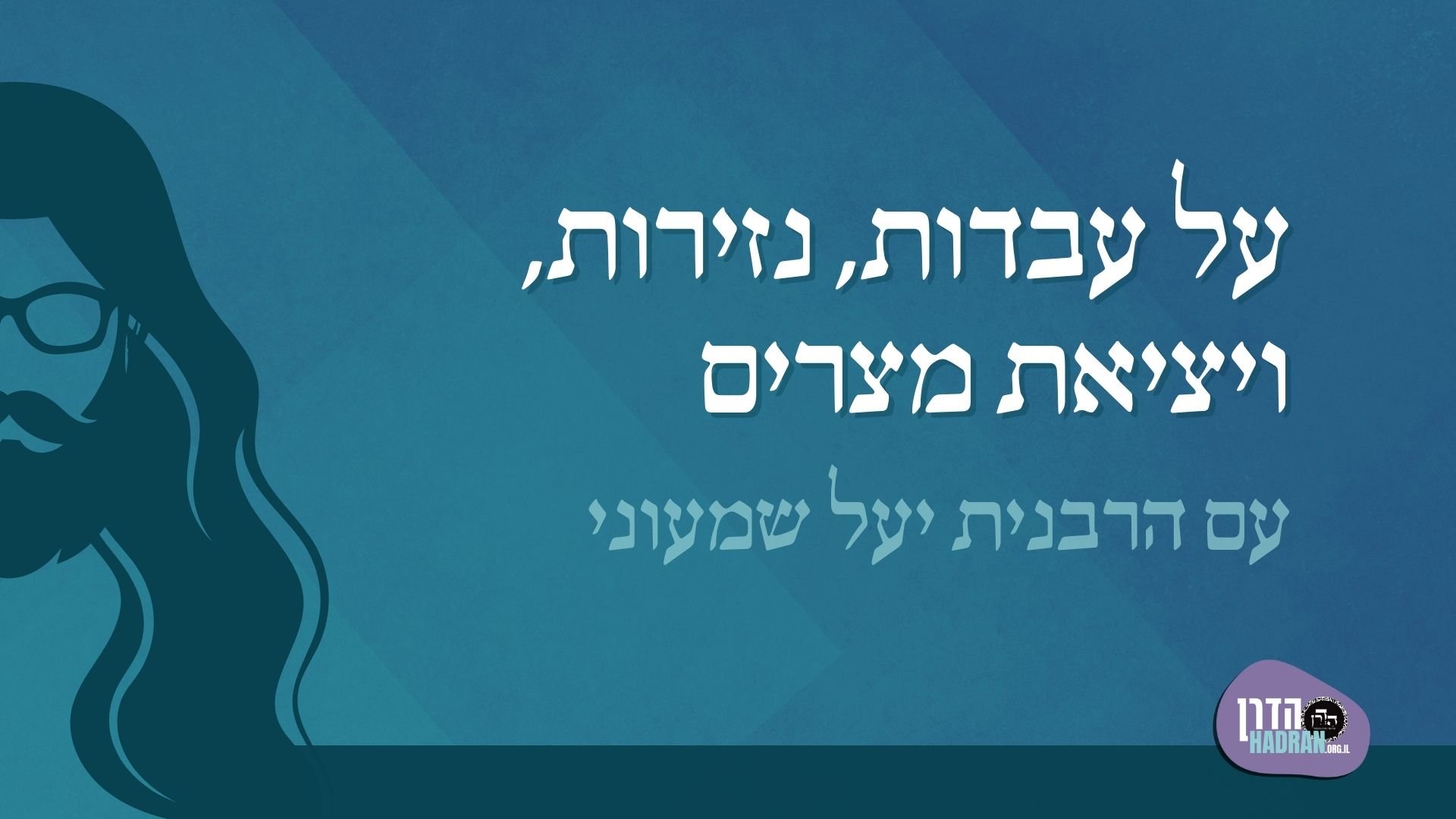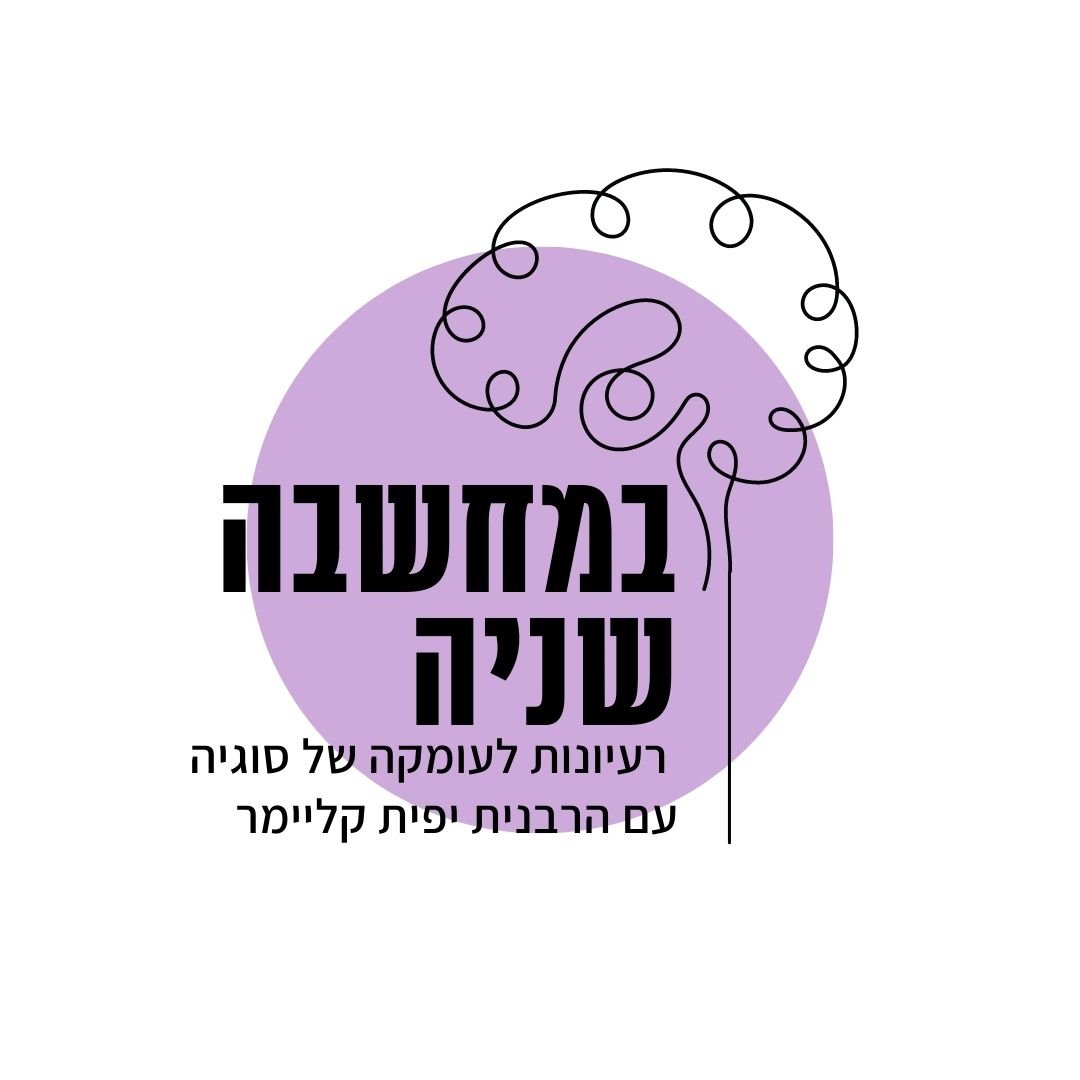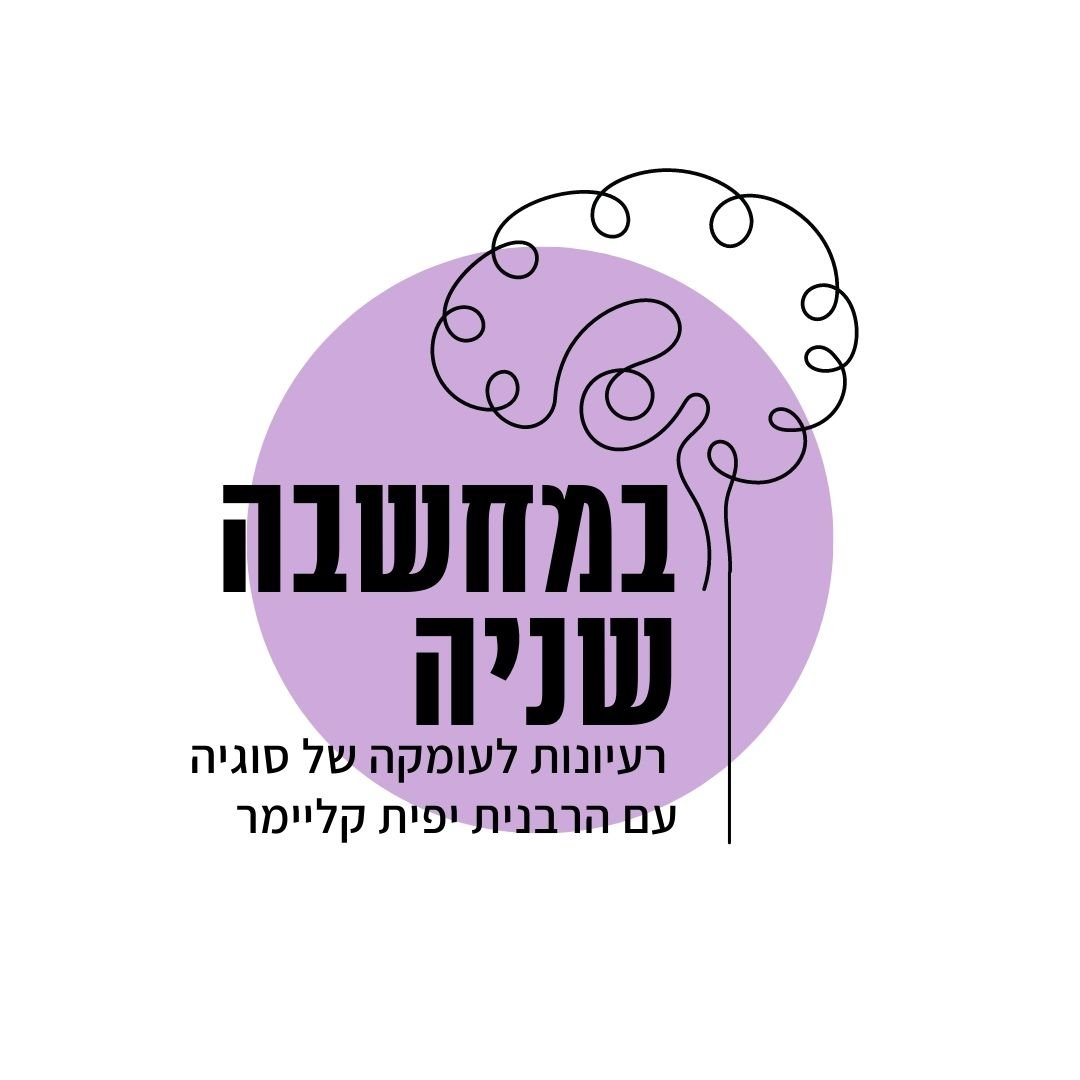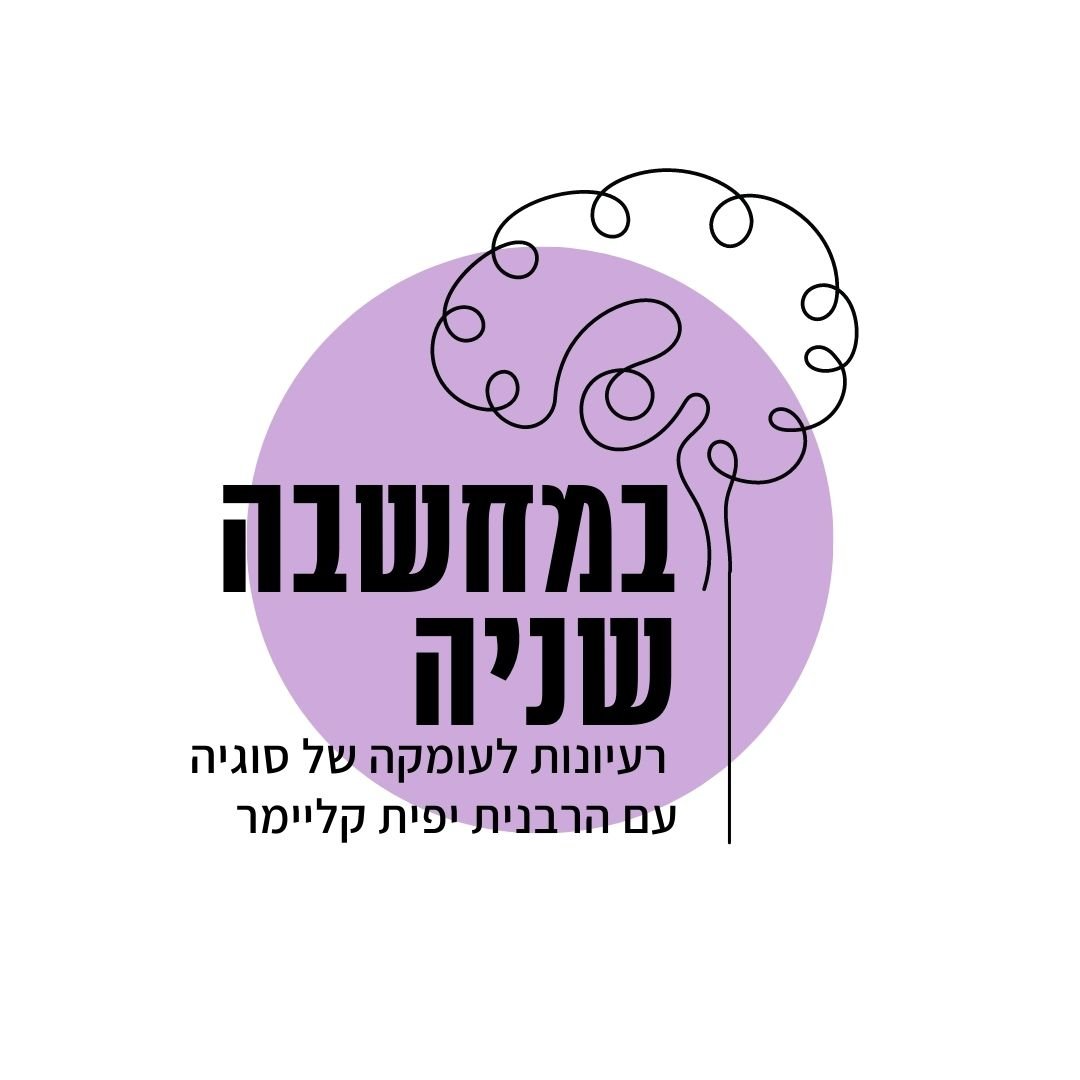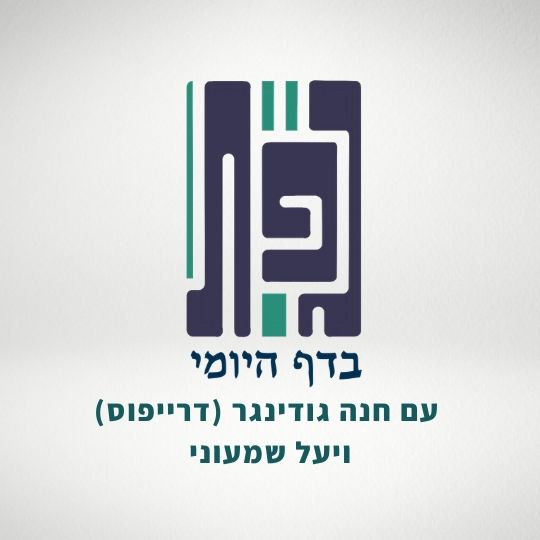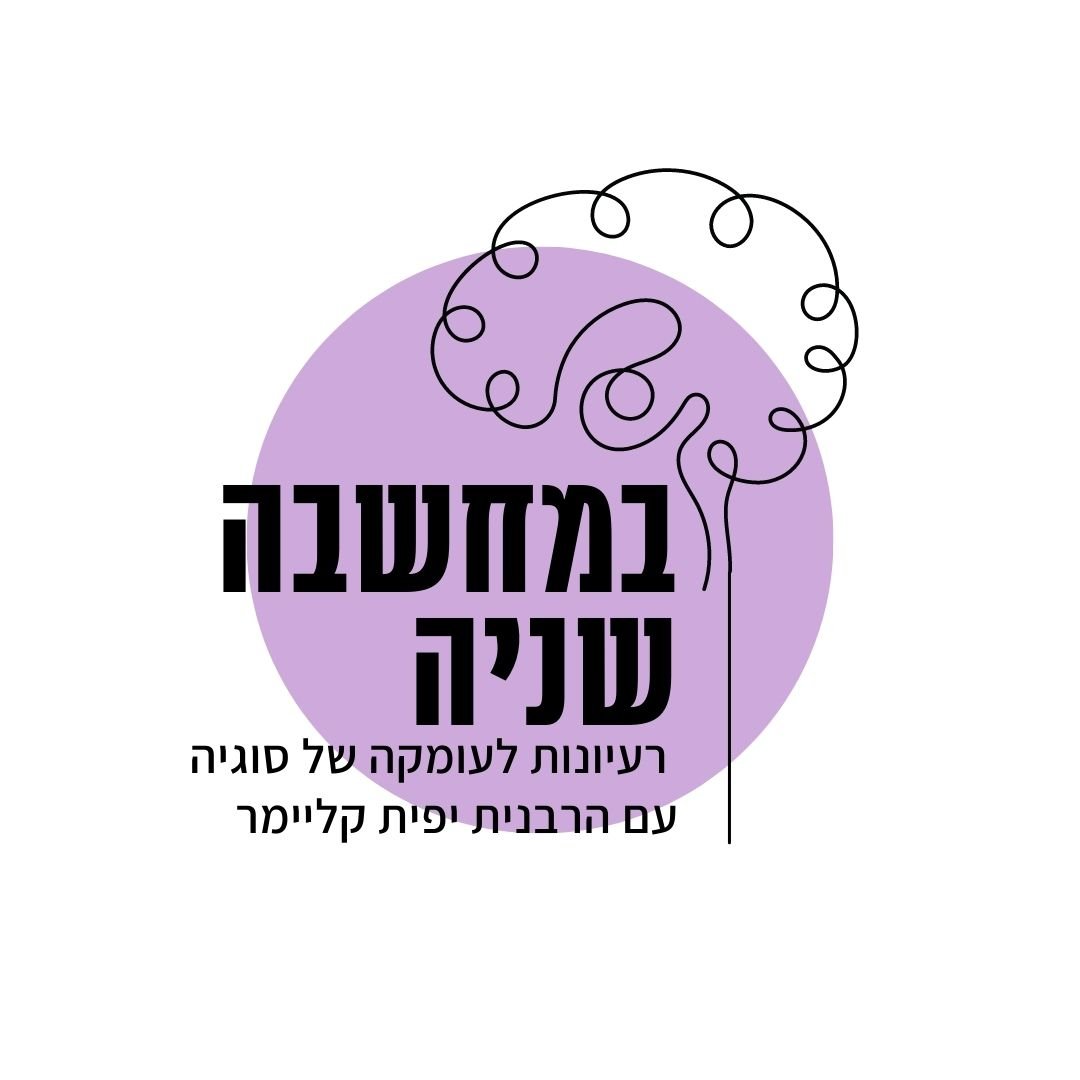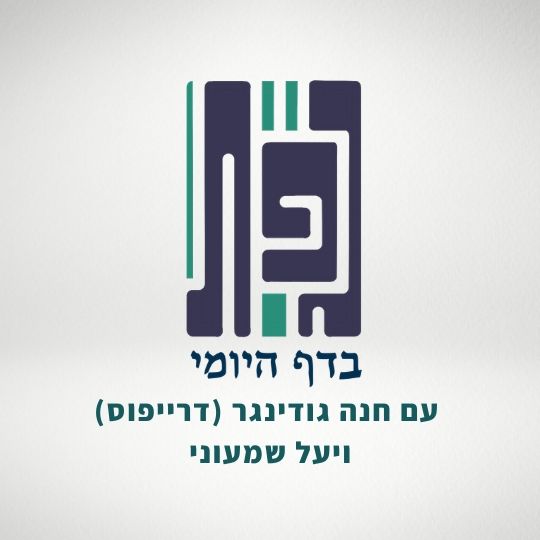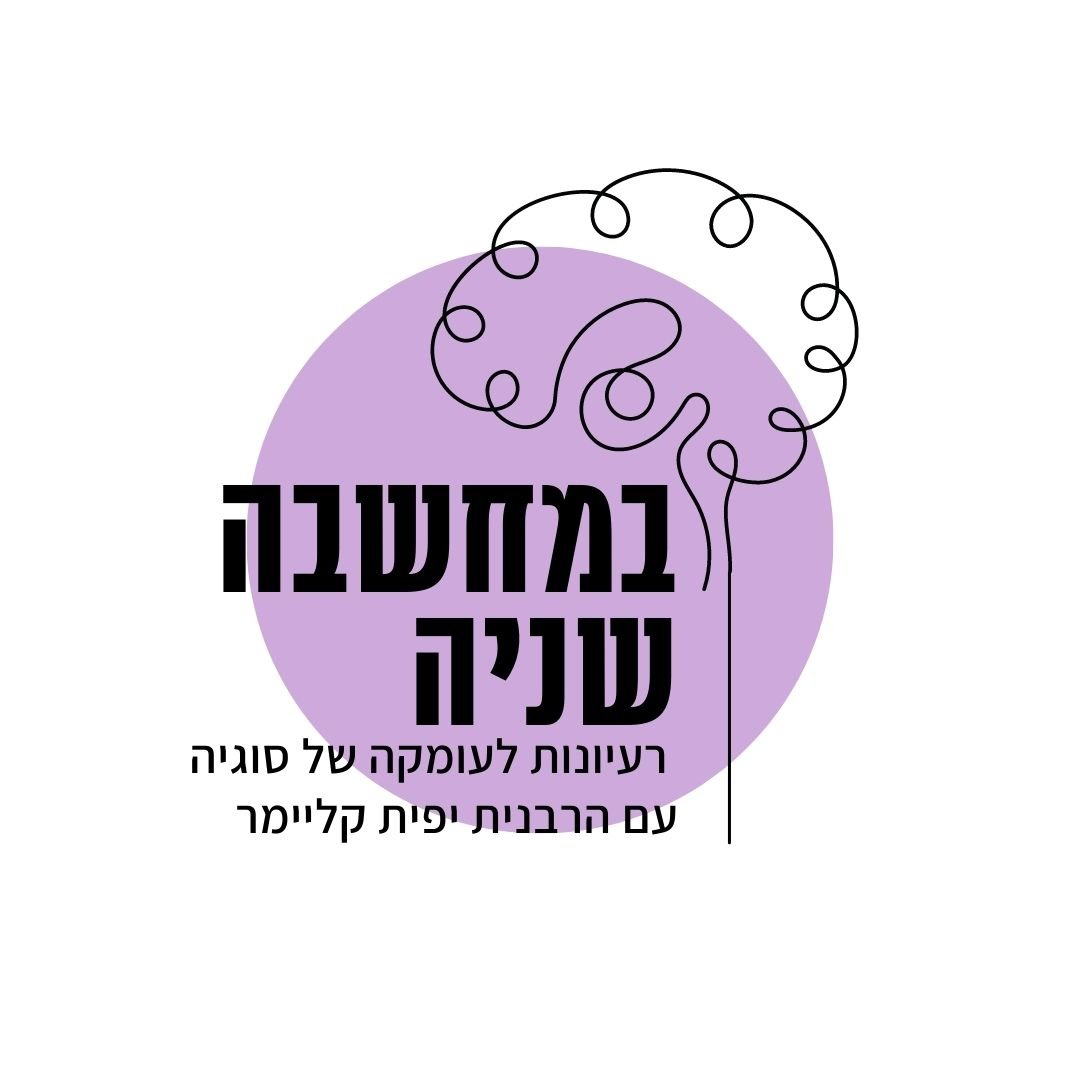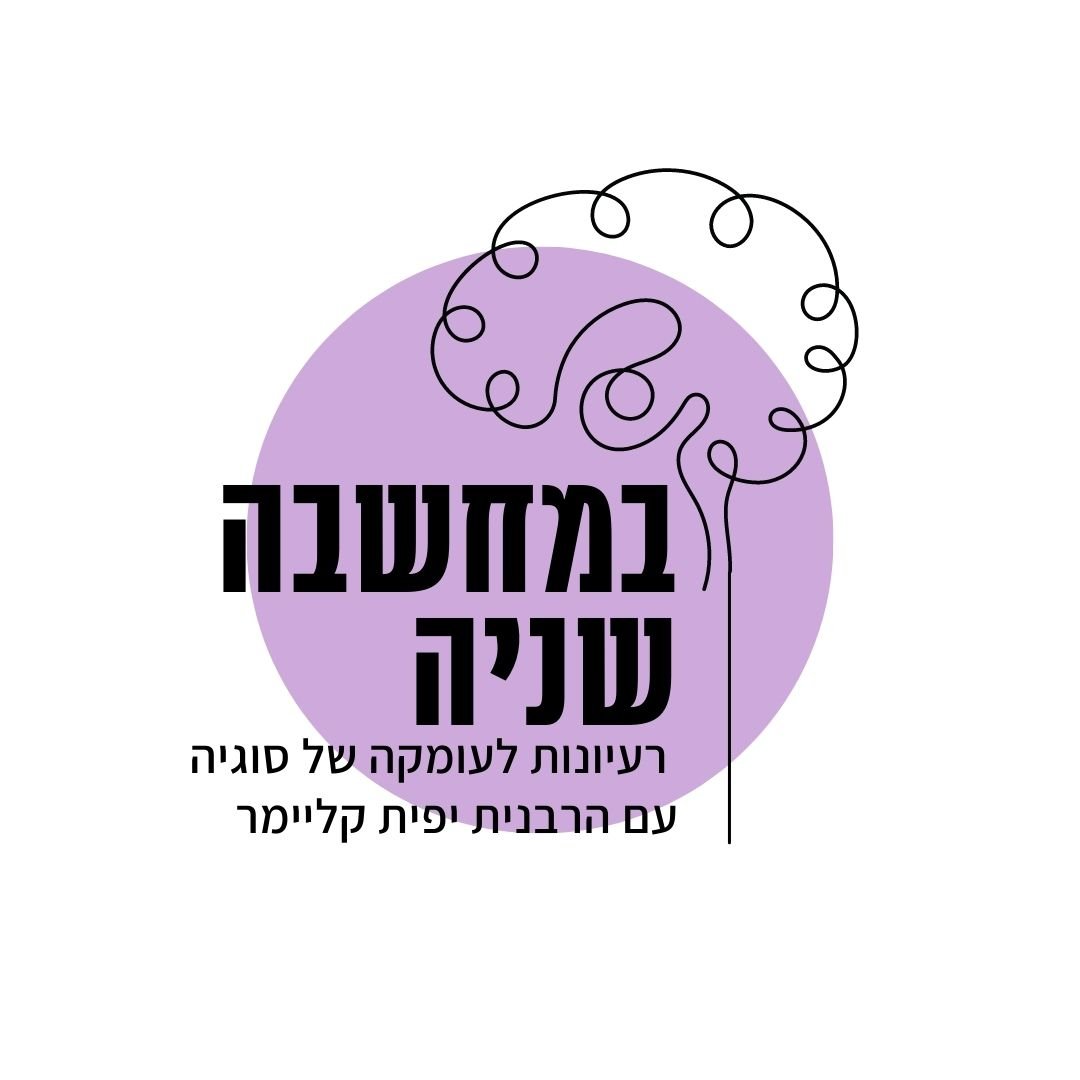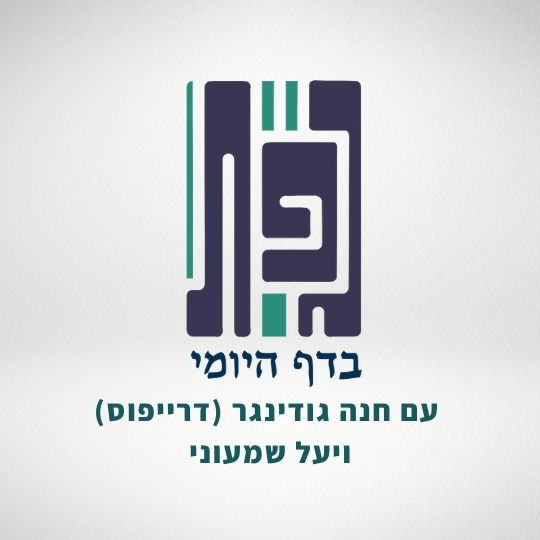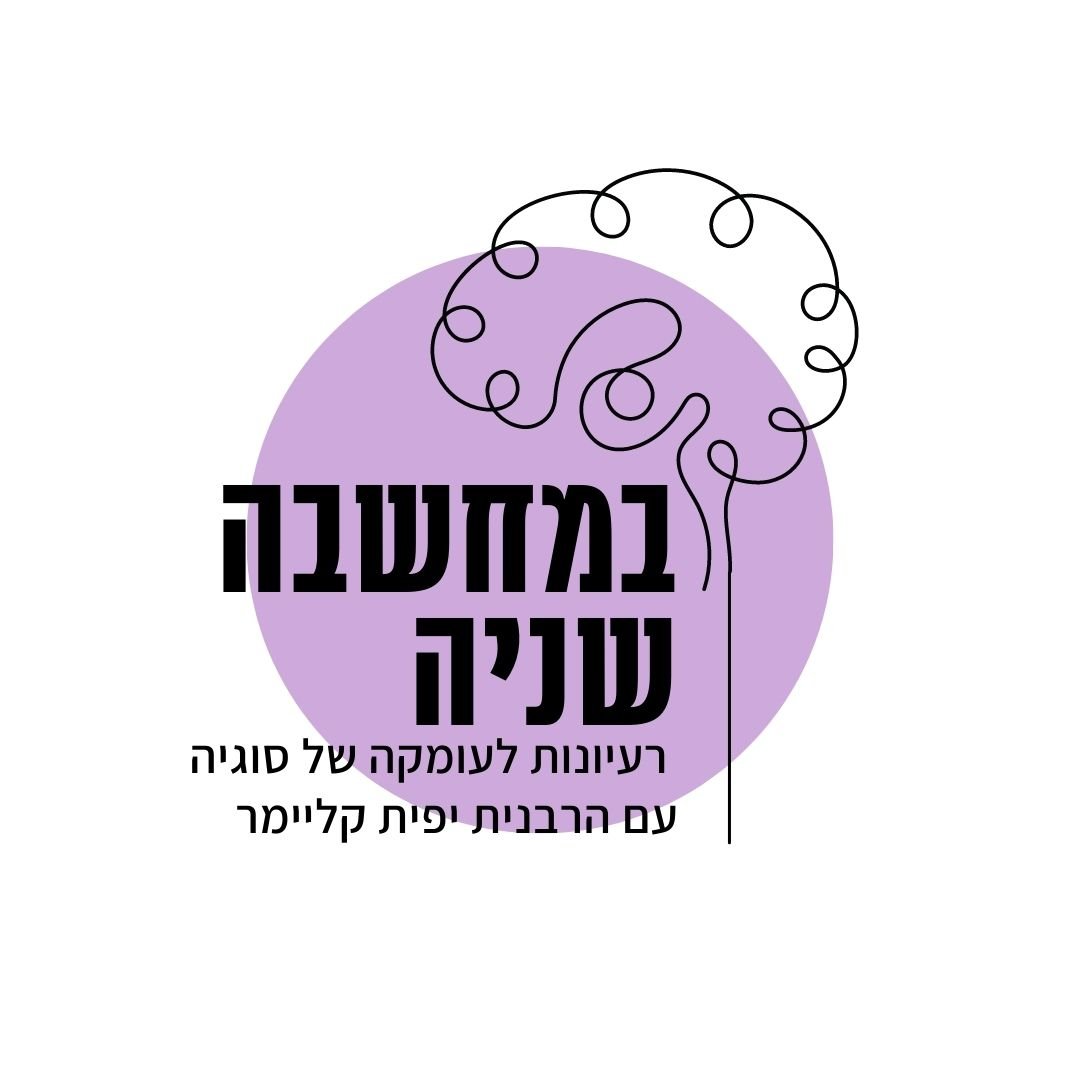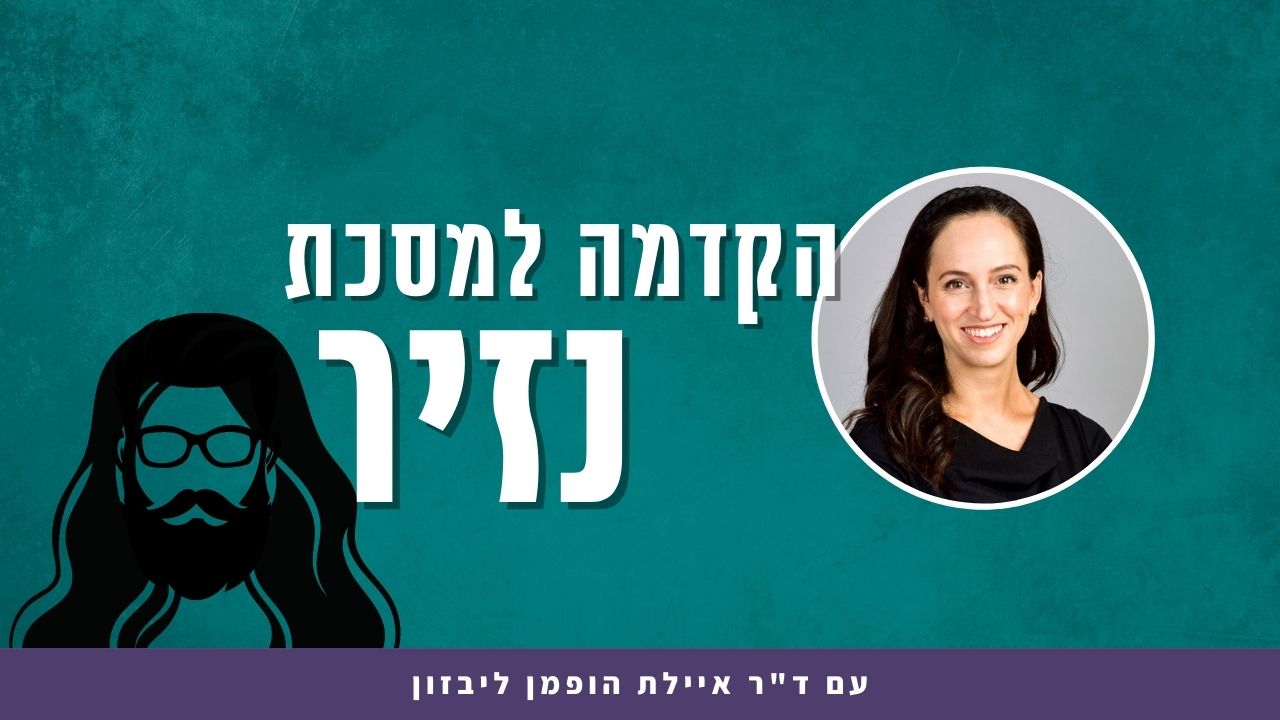נזיר מא
וְתוּ, אִי סָלְקָא דַּעְתָּךְ כִּי עָבֵיד בְּמַלְקֵט וּבְרָהִיטְנֵי — מִצְוָה קָא עָבֵיד, מִדְּלָא כְּתִיב ״תַּעַר״, כְּרֵישׁ לָקִישׁ, דְּאָמַר:
And furthermore, if it should enter your mind that when he performs his shaving with tweezers or a plane he performs a mitzva, from the fact that the word razor is not written he should not be allowed to use a razor at all, in accordance with the opinion of Reish Lakish, who says a principle in this regard.
כׇּל מָקוֹם שֶׁאַתָּה מוֹצֵא עֲשֵׂה וְלֹא תַעֲשֶׂה, אִם אַתָּה יָכוֹל לְקַיֵּים אֶת שְׁנֵיהֶם — מוּטָב, וְאִם לָאו — יָבֹא עֲשֵׂה וְיִדְחֶה אֶת לֹא תַעֲשֶׂה.
The Gemara cites the relevant principle: Any place where you find a positive mitzva and a prohibition that clash with one another, if you can find some way to fulfill both, that is preferable; and if that is not possible, the positive mitzva will come and override the prohibition. In this case the leper can fulfill his duty with tweezers or a plane, and therefore it should be prohibited for him to shave with a razor. Since it was necessary for the verse to say that the positive mitzva for a leper to shave overrides the prohibition against destroying one’s beard, this proves that the mitzva can be performed only with a razor.
וְרַבִּי אֱלִיעֶזֶר מַאי טַעְמָא? יָלֵיף מֵ״רֹאשׁוֹ״. דְּתַנְיָא: ״רֹאשׁוֹ״, מָה תַּלְמוּד לוֹמַר? לְפִי שֶׁנֶּאֱמַר גַּבֵּי נָזִיר ״תַּעַר לֹא יַעֲבוֹר עַל רֹאשׁוֹ״, יָכוֹל אַף נָזִיר מְצוֹרָע כֵּן — תַּלְמוּד לוֹמַר: ״רֹאשׁוֹ״.
The Gemara asks: And Rabbi Eliezer, what is his reason? From where does he derive the halakha that a leper must use a razor? He derives it from the fact that the verse states with regard to a leper: “He shall shave all his hair off his head and his beard” (Leviticus 14:9). As it is taught in a baraita: Why does the verse state: “His head,” if it already stated: “All his hair”? It is because it is stated with regard to a nazirite: “No razor shall come upon his head” (Numbers 6:5), and therefore one might have thought that the same should also apply to a nazirite who is a leper, i.e., it should be prohibited for him to shave his head even for the purification ritual for his leprosy. Therefore, the verse states: “His head,” to teach that a nazirite who is a leper must shave his head with a razor. Being that a nazirite is prohibited only to use a razor, if a leper could fulfill his obligation to remove his hair using other implements, a nazirite who is a leper would not be permitted to use a razor. Therefore, it can be inferred from the halakha of a nazirite who is a leper that the only way for a leper to remove his hair is with a razor.
מִמַּאי? דִּלְמָא לְעוֹלָם אֲפִילּוּ לִיקְּטוֹ בְּמַלְקֵט וּבְרָהִיטְנֵי — מִצְוָה קָעָבֵיד. וְכִי תֵּימָא: תַּעַר לְמָה לִי — לְמֵימְרָא דַּאֲפִילּוּ בְּתַעַר. סָלְקָא דַּעְתָּךְ אָמֵינָא, הוֹאִיל וְגַבֵּי נָזִיר כִּי עָבֵיד בְּתַעַר מִיחַיַּיב, גַּבֵּי מְצוֹרָע נָמֵי לִיחַיַּיב, קָא מַשְׁמַע לַן דְּלָא!
The Gemara rejects this suggestion: And from where do you know that a leper must shave his head with a razor? Perhaps even if he actually removed it with tweezers or a plane he performs a mitzva. And if you would say: If so, why do I need the verse to teach me that he uses a razor, through the derivation of the superfluous term “his hair,” as above, one can answer: That is to say that he is permitted to shave even with a razor. As, it might enter your mind to say that since with regard to a nazirite, when he performs the act of shaving with a razor he is liable for transgressing the prohibition, with regard to a nazirite who is a leper as well, he should also be liable even if he shaved for his leprosy. The verse therefore teaches us that this is not the case, but it does not teach that a leper must use a razor.
אִי סָלְקָא דַּעְתָּךְ כִּי עָבֵיד בְּמַלְקֵט וּבְרָהִיטְנֵי מִצְוָה קָעָבֵיד, מִדְּלָא כְּתַב ״תַּעַר״, כְּרֵישׁ לָקִישׁ.
The Gemara rejects this suggestion: If it should enter your mind that when a leper performs his hair removal with tweezers or a plane he performs a mitzva, then from the fact that the verse did not explicitly write: Razor, it can be inferred that he is not allowed to use one, in accordance with the aforementioned principle of Reish Lakish that one may not violate a prohibition, even for the sake of a mitzva, if it is possible to perform the mitzva in a different manner. Rather, the verse must be coming to teach that the mitzva of the shaving of a leper can be fulfilled only with a razor.
וְרַבָּנַן הַאי ״רֹאשׁוֹ״, מַאי דָּרְשִׁי בֵּיהּ? מִיבְּעֵי לְהוּ לְמִידְחֵי לָאו דְּהַקָּפָה. דְּתַנְיָא: ״לֹא תַקִּיפוּ פְּאַת רֹאשְׁכֶם״, יָכוֹל אַף מְצוֹרָע כֵּן — תַּלְמוּד לוֹמַר: ״רֹאשׁוֹ״.
The Gemara asks: And the Rabbis, with regard to this term: “His head,” which is referring to a leper, what do they learn from it? The Gemara answers: They require this term to override the prohibition of rounding the corners of the head. As it is taught in a baraita with regard to the verse “You shall not round the corners of your heads” (Leviticus 19:27): One might have thought that the same should also apply to a leper, that it should also be prohibited for him to round the corners of his head when he shaves. Therefore, the verse states: “His head,” with regard to a leper.
לְמָה לִי לְמִכְתַּב ״רֹאשׁוֹ״? וְתִיפּוֹק לֵיהּ מִ״זְּקָנוֹ״. דְּתַנְיָא: ״זְקָנוֹ״, מָה תַּלְמוּד לוֹמַר? לְפִי שֶׁנֶּאֱמַר ״וּפְאַת זְקָנָם לֹא יְגַלֵּחוּ״, יָכוֹל אַף מְצוֹרָע כֵּן — תַּלְמוּד לוֹמַר: ״זְקָנוֹ״.
The Gemara asks: Why do I need the Torah to write: “His head”? And let one derive this halakha that the mitzva of shaving overrides that prohibition from the term “his beard” (Leviticus 14:9). As it is taught in a baraita: Why does the verse state: “His beard”? It is because the verse states with regard to priests: “Neither shall they shave off the corners of their beards” (Leviticus 21:5), and therefore one might have thought that the same prohibition against shaving one’s beard should also apply to a leper. Therefore, the verse states: “His beard.”
לְמָה לִי לְמִכְתַּב ״רֹאשׁוֹ״ וּלְמָה לִי לְמִכְתַּב ״זְקָנוֹ״? צְרִיכִי, דְּאִי כְּתַב רַחֲמָנָא ״זְקָנוֹ״ וְלָא כְּתַב ״רֹאשׁוֹ״, הֲוָה אָמֵינָא: הַקָּפַת כׇּל הָרֹאשׁ לֹא שְׁמָהּ הַקָּפָה. לְהָכִי כְּתַב רַחֲמָנָא ״רֹאשׁוֹ״.
The Gemara asks: If so, why do I need the Torah to write: “His head,” and why do I need it to write: “His beard”? One source should suffice to teach that the shaving of a leper overrides any prohibitions that would be violated by that act. The Gemara answers: Both verses are necessary. As, had the Merciful One written only: “His beard,” and not written: “His head,” I would say that the rounding of the entire head, i.e., shaving all the hair off one’s head and not merely the sides, is not called a prohibited rounding. If that were so, the shaving of a leper’s head would not be prohibited by Torah law. For this reason the Merciful One writes: “His head,” to teach that the shaving that the leper performs would be considered a prohibited rounding of the head had the Torah not commanded him to shave.
וְאִי כְּתַב ״רֹאשׁוֹ״ וְלָא כְּתַב ״זְקָנוֹ״, הֲוָה אָמֵינָא: מַשְׁמַע תַּרְתֵּי: דְּאָתֵי עֲשֵׂה וְדָחֵי אֶת לֹא תַעֲשֶׂה, וּמַשְׁמַע דְּהַקָּפַת כׇּל הָרֹאשׁ שְׁמָהּ הַקָּפָה. וְאַכַּתִּי בְּתַעַר מְנָלַן? לְהָכִי כְּתַב רַחֲמָנָא ״זְקָנוֹ״.
And had the Torah written only: “His head,” and not written: “His beard,” I would say that “his head” teaches two matters. First, that a positive mitzva comes and overrides a prohibition. And it also teaches that rounding the entire head is called rounding. And still, from where do we derive that a leper must shave with a razor? For this reason the Merciful One also wrote: “His beard,” and we derive from the prohibition that bars priests from destroying their beards that the removal of the beard involves the use of a razor.
וְרַבִּי אֱלִיעֶזֶר, דְּאָתֵי עֲשֵׂה וְדָחֵי אֶת לֹא תַעֲשֶׂה מְנָלֵיהּ? יָלֵיף מִ״גְּדִילִים״. דְּתַנְיָא: ״לֹא תִלְבַּשׁ שַׁעַטְנֵז״,
The Gemara asks: And Rabbi Eliezer, from where does he derive the general principle that a positive mitzva will come and override a prohibition? The Gemara answers: He derives it from the mitzva of ritual fringes. As it is taught in a baraita: This verse: “You shall not wear diverse kinds of wool and linen” (Deuteronomy 22:11),

